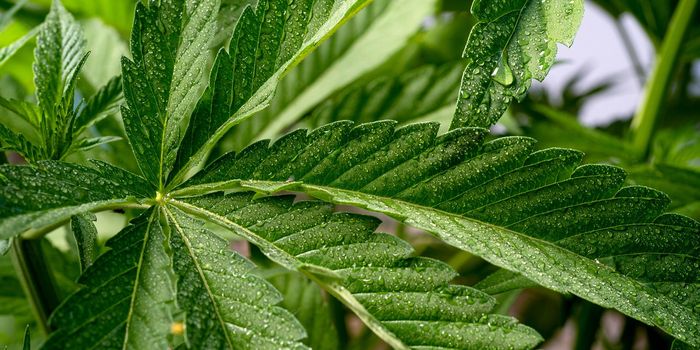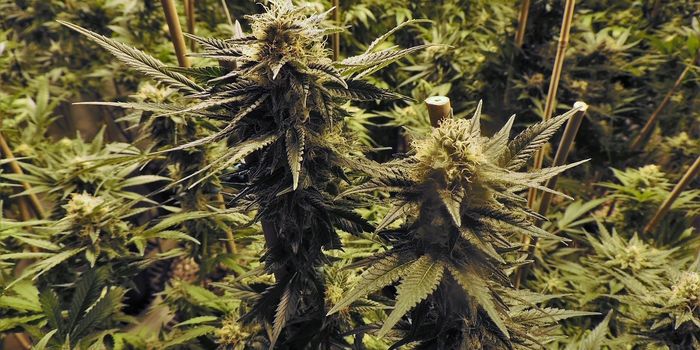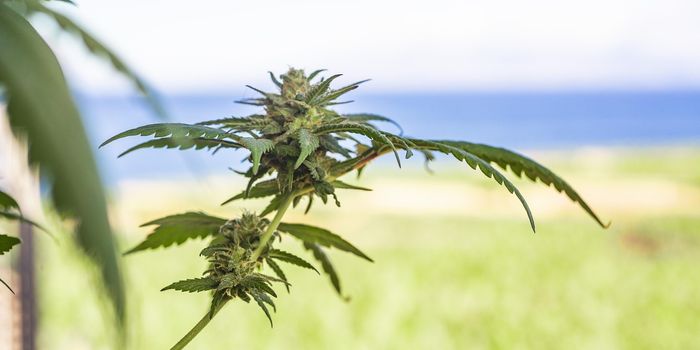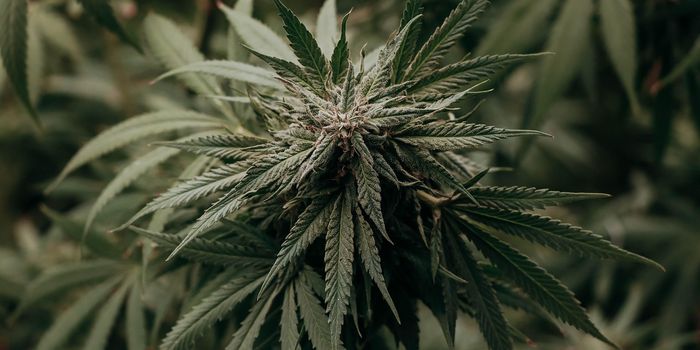Labroots 2025 Cannabis Sciences Poster Winner: Dr. Flor Ortiz and Dr. Mish Castillo
Labroots’ virtual events enable individuals worldwide to connect and engage in groundbreaking scientific research from your scientific discipline or similar interests. These virtual events offer a poster discussion hour where attendees and poster authors can discuss their pre-submitted posters to a worldwide audience and answer questions regarding their research topic. This year’s Cannabis Sciences Virtual Event (now available On Demand) showcased an informative study involving cannabis treatment for animal self-mutilation. This remarkable study comes from Dr. Mish Castillo, DVM, who is the Chief Veterinary Officer at ICAN LatAm, and Dr. Flor Ortiz, who is the Research Director at ICAN LatAm, and who both presented this poster during the poster discussion hour.
Dr. Castillo’s and Dr. Ortiz’s poster investigated how cannabidiol (CBD) was used to treat self-mutilation in a 7-year-old ferret after succumbing to a serious spinal injury requiring amputation of its hind legs. The researchers note how self-mutilation of the injured area is common among animals but that traditional drugs for treating this ailment often results in unwanted side effects.
After paralyzing its hind legs from a fall and being treated in 2017, the ferret returned in 2018 with self-mutilation marks from another horrible accident, the ferret was given to the PetXotical veterinary hospital for further treatment. After the ferret had both hind legs amputated in 2019, it was successfully treated with a common analgesic called tramadol.
This was when the researchers administered CBD isolate, also known as pure CBD, between March 2021 and November 2022. After the initial dosage of 0.17 mg/kg, the researchers doubled this dosage to 0.33 mg/kg, resulting in self-mutilation decrease and elimination, respectively. At one point, the medication bottle was empty, resulting in the self-mutilation recurring, but was quickly corrected once the medication was restored. Finally, the researchers doubled the dosage again to 0.66 mg/kg, resulting in overall physical and mental improvements for the ferret. Therefore, what were the most significant results from the study?
Labroots recently had the privilege of speaking with Dr. Castillo and Dr. Ortiz regarding the study’s results and implications for the future of cannabis sciences and medicine.
Labroots: In your opinion, what is the most meaningful result of this project?
Dr. Mish Castillo: Being able to fully treat neuropathic pain, ceasing all symptoms in the patient, with a single cannabinoid, CBD isolate, substituting ("hard") opioid painkillers (fentanyl or tramadol) without requiring THC to treat this severe pain.
Dr. Flor Ortiz: The improvement of the patient's clinical signs, helping eliminate the use of opioids and improving her quality of life.
Labroots: How do you feel this project contributes to discussions of larger ongoing themes in the field of cannabis sciences?
Dr. Mish Castillo: There is an ongoing belief that THC is required to treat severe pain, and while it is true that THC can make us "forget" we are in pain or "not mind" the pain, not all patients need THC nor full-spectrum (like RSO) to alleviate their pain or other symptoms.
Additionally, scientific studies continue to focus on studying high cannabinoid doses of 1, 2, or 5 mg/kg or even higher, when we have seen results in patients with doses under 1 mg/kg, this patient responded to 0.33 mg/kg and resolved symptoms at this very low dose.
Dr. Flor Ortiz: It contributes by showing that meds can be reduced and in some cases (such as this one), the use of opioids can be eliminated and showing that even pharmaceutical-grade isolated CBD administered individually, is an excellent treatment option in patients with neuropathic pain and phantom limb pain in exotic companion species.
Labroots: What other aspects about your research or studies do you wish to highlight?
Dr. Mish Castillo: We at ICAN always focus on harm reduction education and minimizing risks for our patients, and while we have indeed treated many animal species without any existing scientific journals published covering those species, we only use a veterinarian-prescribed pharmaceutical-grade single molecule when treating them (CBD isolate at 100% purity) and start at very low doses (between 0.05 and 0.5 mg/kg depending on the case), monitoring the patients very closely for the duration of their treatments. We do not condone the use of full-spectrum or broad-spectrum supplements that have not been tested for purity or contaminants, nor any products available over-the-counter for use in animals.
Dr. Flor Ortiz: We lack a lot of information in veterinary medicine, so research in our area is essential. In addition to the publication of studies, the publication of clinical cases can give us an idea of the applications of medical cannabis, any possible adverse effects and the importance of continuing medical training in this regard. This is an exciting topic, however, stigma and ignorance is something we must face every day, but with education at all levels we will be able to advance in all areas in which cannabis can help us improve our lives, those of our patients and their families.
To follow Dr. Mish Castillo’s research and career and to connect with him, please check out his LinkedIn page. To follow Dr. Flor Ortiz’s research and career and to connect with her, please check out her LinkedIn page. To learn more about ICAN LatAm, please check out its LinkedIn page and official website.









